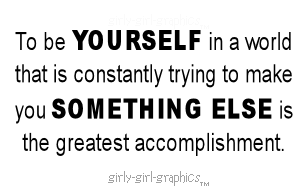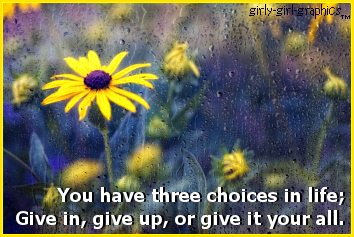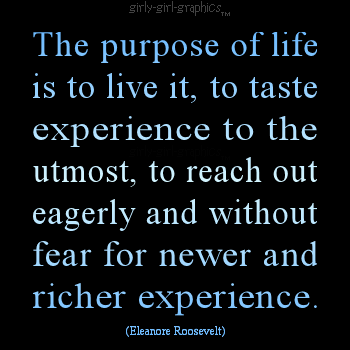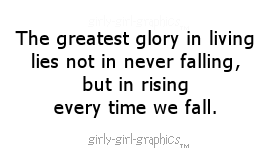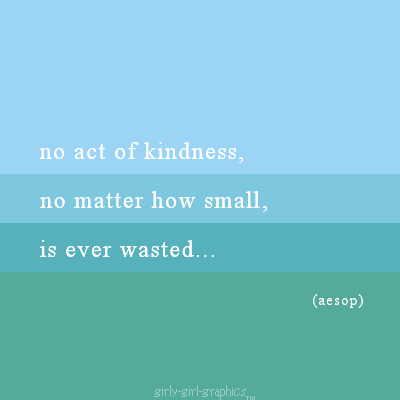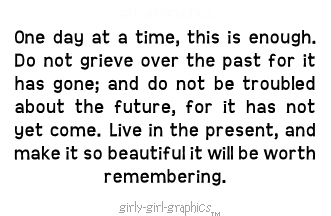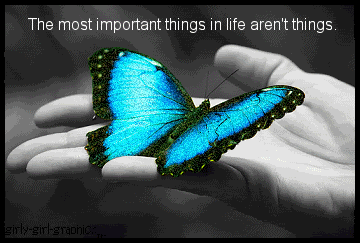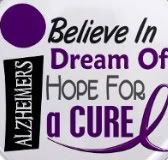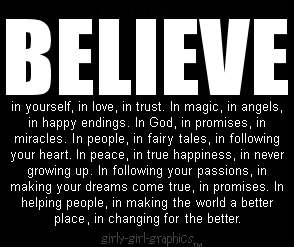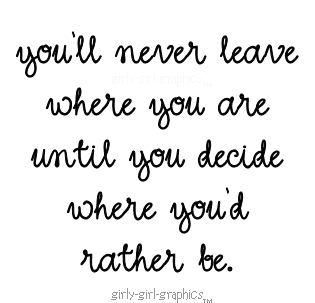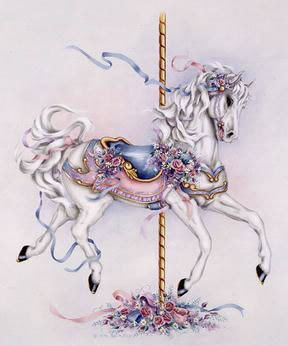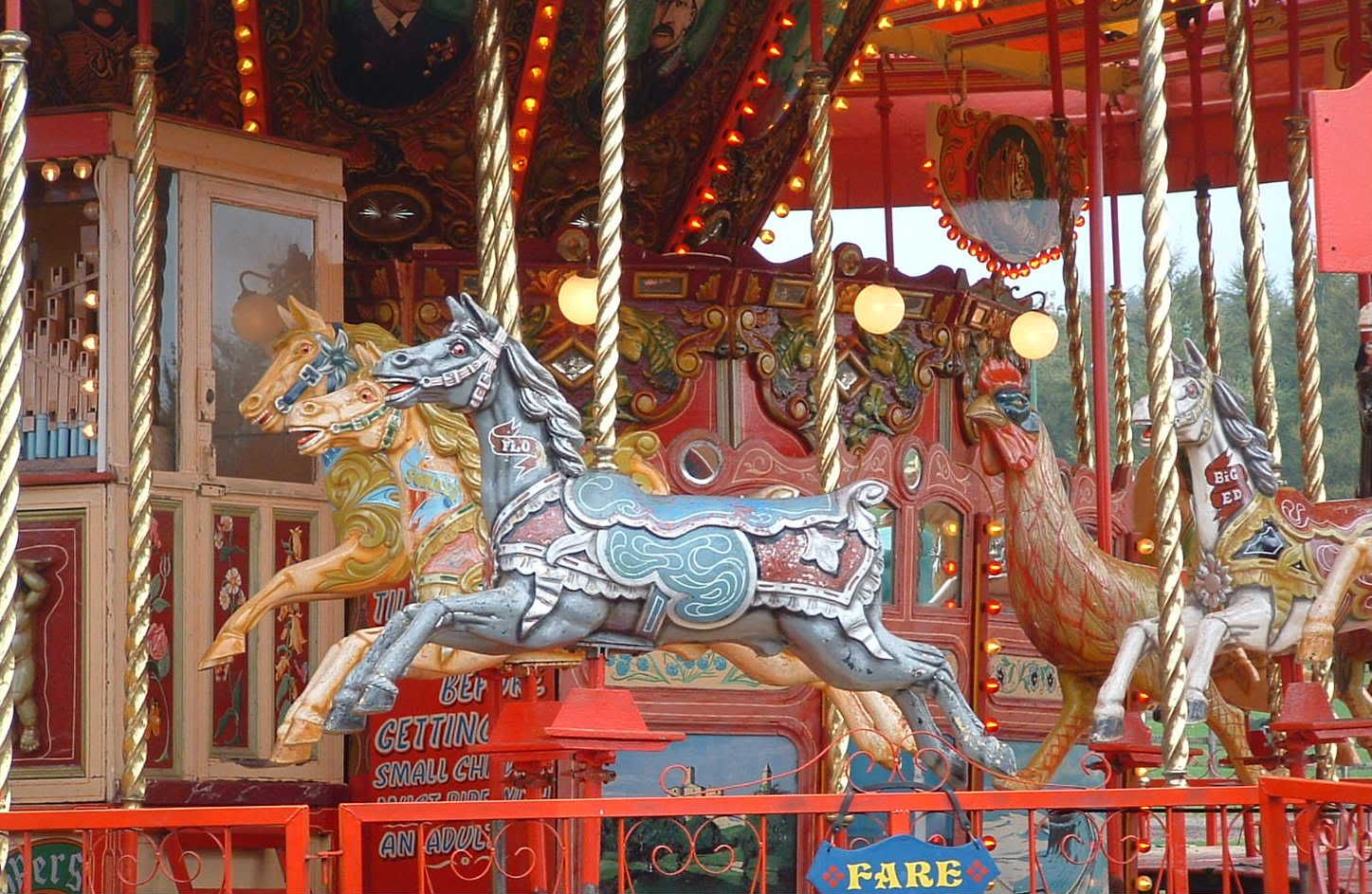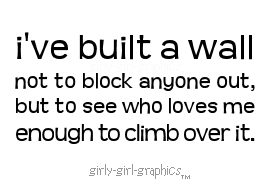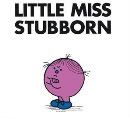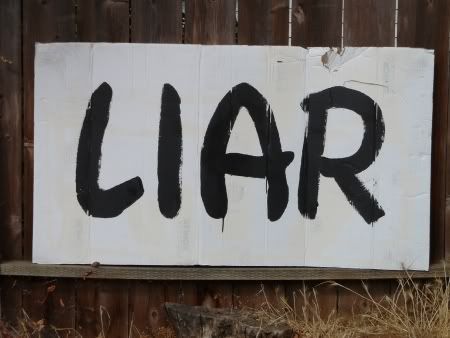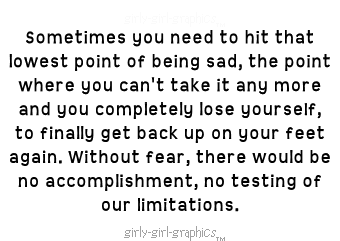Set to hit the shelves by 2014, this robotic ‘touch therapist’ aims to soothe anxiety by reading sensors worn by patients. This robo-bunny wiggles to help patients recognize changes in heart rate and sweaty fingertips and purrs when being petted. In other words, it’s an electronic version of the furry puppy lying on my couch. Sure, there’s no walking, poop bags, and blonde hairs coating all surfaces. You wouldn’t have to deal with nightly brushing and manic squirrel chasing. But I fear we might be overlooking our own backyards in our quest for newer, sleeker, and higher powered.
Forget these futuristic anxiety robots. They’re already here, pawing at the front door with wagging glee at the mere sight of your face. Those of us who count pets as roommates already know the secret: a dog is a service dog without any special training. My puppy, who doesn’t sit or stay, can’t bark on command or come when I call, is more helpful for mental wellbeing than any pill I’ve tried. While I might be the one chasing the ball in a game of fetch, I would testify to her therapeutic skills in a heart beat as the weight of her head in my lap reminds me to take a deep breathe. Pets have long been recommended for patients suffering from depression, anxiety, loneliness, and phobias, without the requisite batteries and remote control. Maybe it’s just too simple for the innovative types, or too ambiguous in its curative properties, but I think we might be barking up the wrong tree with the robot pet.
My puppy snuggles beside me on the couch and stares wordlessly at my tears. She bounds through the stillness of isolation and forces me to laugh during foggy days. She teaches me to sit and be still, content to mark a day as a success as long as there’s a comprehensive tummy rub. She opens doors in my neighborhood, introducing me to new friends met on the morning stroll, and reminds me to stop and take notice as we make our way down the street, stopping at each plant because you never know what unbelievable treats you might find.
I’ll admit, a robo-pet comes with less hassle; no vet visits or walks in the rain. But there’s a misconception that obligations need to be erased. There’s a sense of pride I get from her knotless coat and a laughter that erupts as she wags with so much excitement when I come home that she nearly knocks both of us over. Maternal skills are cultivated as I worry over her every cough and stand protectively between her and any dog that stands as a threat. And the steady rhythm of her breath soothes my fears as I try to match her peace. Maybe a robot could offer warmth on the couch or nestle amongst fears. But what about the blessings of early morning kisses or the entertainment of finding hidden treats tucked behind pillows as she saves them for later? It’s easy to focus on symptoms and treatment, pills and quantifiable results. But joy can be an antidote to depression and laughter banishes anxiety infused with fresh air. So lets keep working on cures for mental illness and treatments to help all who suffer.
But lets not forget that sometimes the best cure might be already licking your nose.



